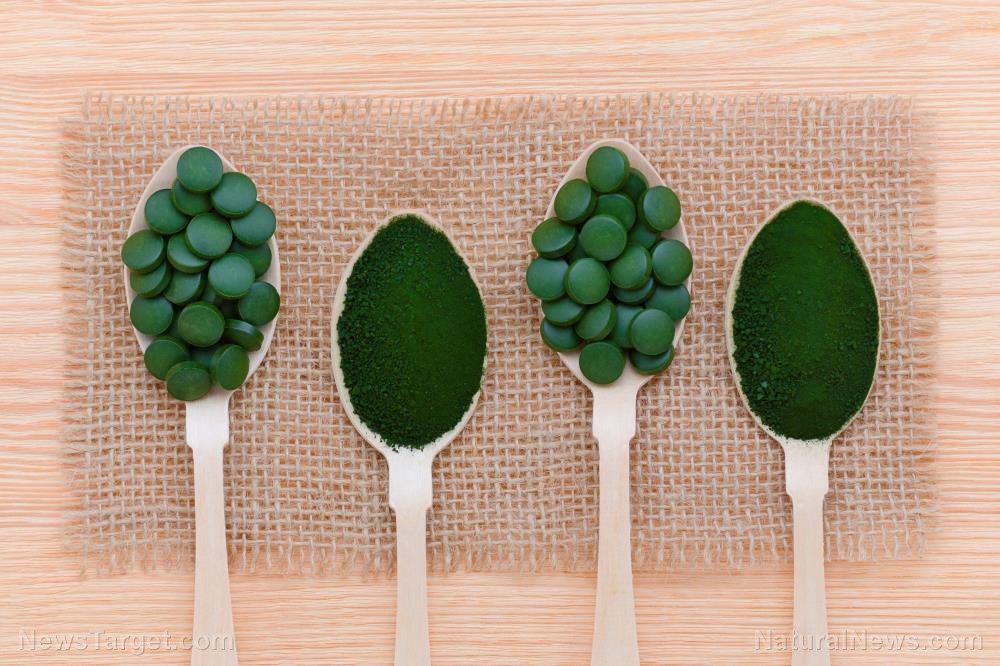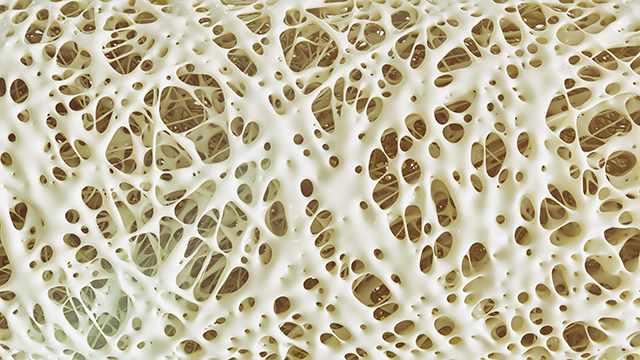Skincare routines for different skin colors: 5 Tips to keep black skin soft and smooth
12/22/2019 / By Arsenio Toledo

Everyone’s skin is different. This means that a skincare routine that may work for your friend won’t necessarily work for you. According to the American Academy of Dermatology (AAD), this is due to the differences in the structure and function of the skin.
These differences are especially true for black skin, which contains more melanin. Acne, changes in pigmentation, contact dermatitis and eczema are just some of the conditions people with black skin may experience. They may be prone to these conditions because cells that produce more melanin are also more susceptible to the effects of injury and inflammation.
This means that if you have black skin, you may require a different skincare routine. Here are five things you can do to take care of your skin.
Cleanse and moisturize
Ideally, after you get out of the shower, you cleanse and moisturize your skin. Consider a gentle non-comedogenic cleanser because it won’t clog your pores. Massage this cleanser onto your skin and then rinse it off with warm (not hot) water. To avoid dry skin, apply a moisturizer, preferably one that contains humectants or compounds that retain moisture. Look for glycerin or hyaluronic acid in the ingredients. Avoid moisturizers with fragrances, as these can irritate the skin.
Consider natural treatments for hyperpigmentation
Hyperpigmentation is a usually harmless condition in which patches of skin look darker than normal. There are many natural remedies for hyperpigmentation. Applying aloe vera gel over the affected area is a prime example. Other possible natural remedies include vitamin C, green tea extract, black tea water, tomato paste, orchid extracts and red lentils. If none of these treatments work, consider visiting your trusted natural health practitioner for other possible remedies. (Related: Mushroom extracts for even-toned, hydrated skin.)
Treat acne right away
You have to remedy acne immediately. Treating it early can prevent it from getting worse and developing into post-inflammatory hyperpigmentation, which is when dark spots form around your acne. Make it a habit to apply your gentle, non-comedogenic and oil-free skincare products daily. You should also try avoiding irritants as much as possible, such as scented laundry detergent and skincare products with heavy fragrances.
Wear natural, non-toxic sunscreen
If you have dark skin, you’re less likely to get a sunburn, though it can still happen. You still need to wear sunscreen to protect your skin from the sun. Exposure to too much sunlight can cause hyperpigmentation. The AAD recommends using a waterproof sunscreen with a sun protection factor (SPF) of at least 30. Hopefully, your sunscreen offers broad spectrum protection, meaning it can protect against both ultraviolet (UV) A and UVB rays.
Consume a balanced diet
Great skincare starts with consuming healthy and natural foods. To give your skin the nutrients it needs to fortify and repair itself, consider eating a diet rich in superfoods, which includes fruits, vegetables, lean protein like fish, eggs and legumes and healthful fats such as nuts, avocado and olive oil. Also be mindful of consuming processed foods and foods high in added sugars. Consider limiting your alcohol intake as well.
Your dark skin can remain healthy, supple and clear by following a disciplined skincare routine and adding more health-promoting foods to your regular diet. For specific skin issues that don’t go away easily, consult your trusted healthcare provider.
Learn more about keeping your skin youthful and healthy at Health.news.
Sources include:
Tagged Under: black skin, Cosmetics, dark skin, functional food, natural health, natural products, prevention, remedies, skin care, skin health, skincare
RECENT NEWS & ARTICLES
AgingSecrets.News is a fact-based public education website published by Aging Secrets News Features, LLC.
All content copyright © 2018 by Aging Secrets News Features, LLC.
Contact Us with Tips or Corrections
All trademarks, registered trademarks and servicemarks mentioned on this site are the property of their respective owners.


















